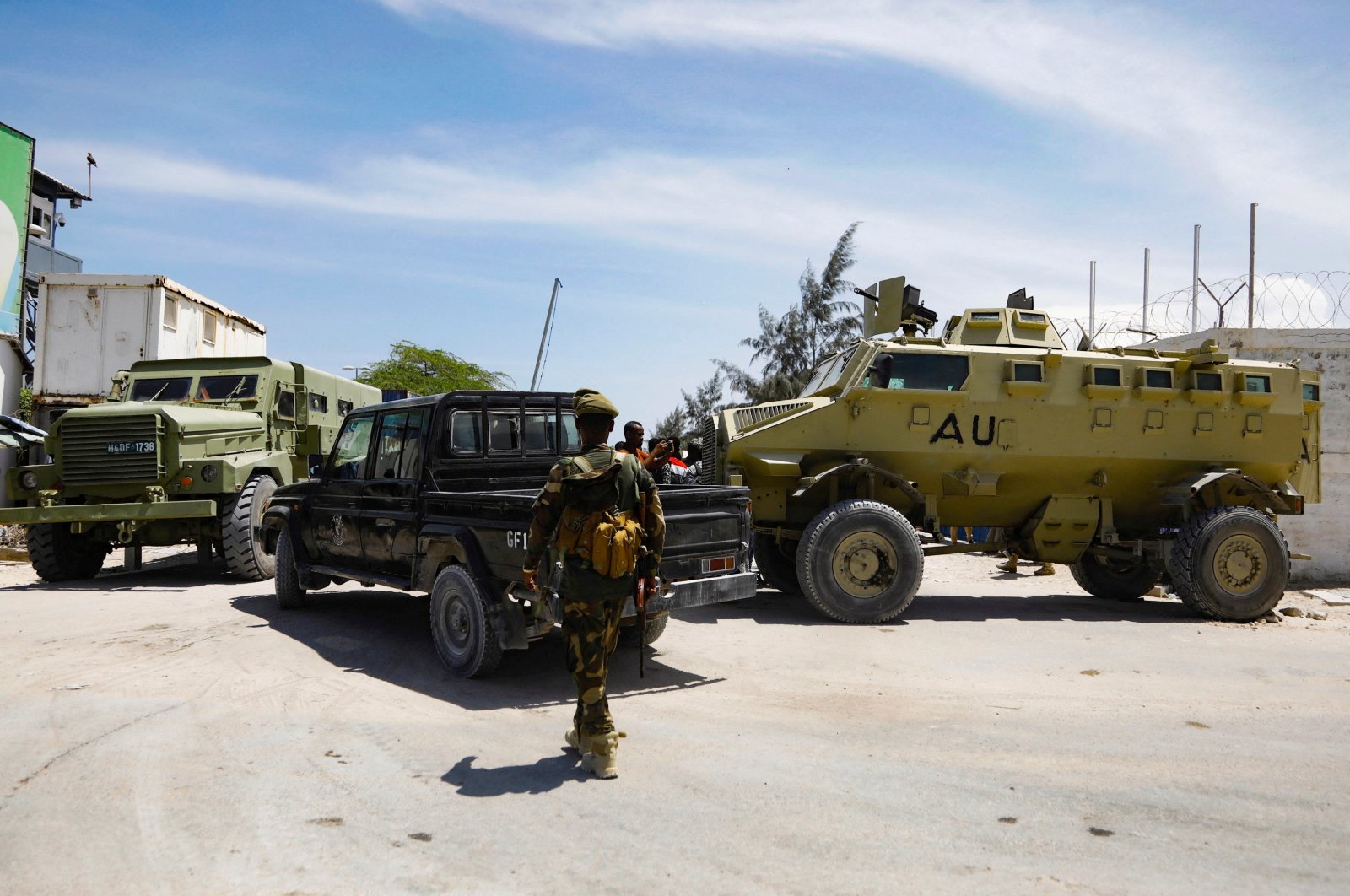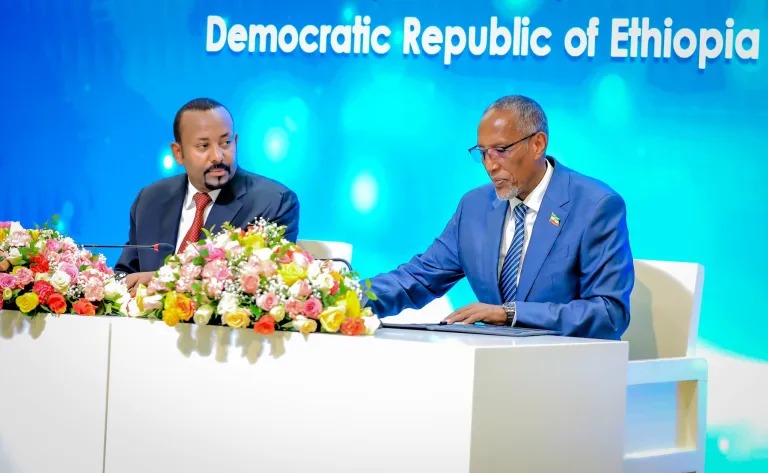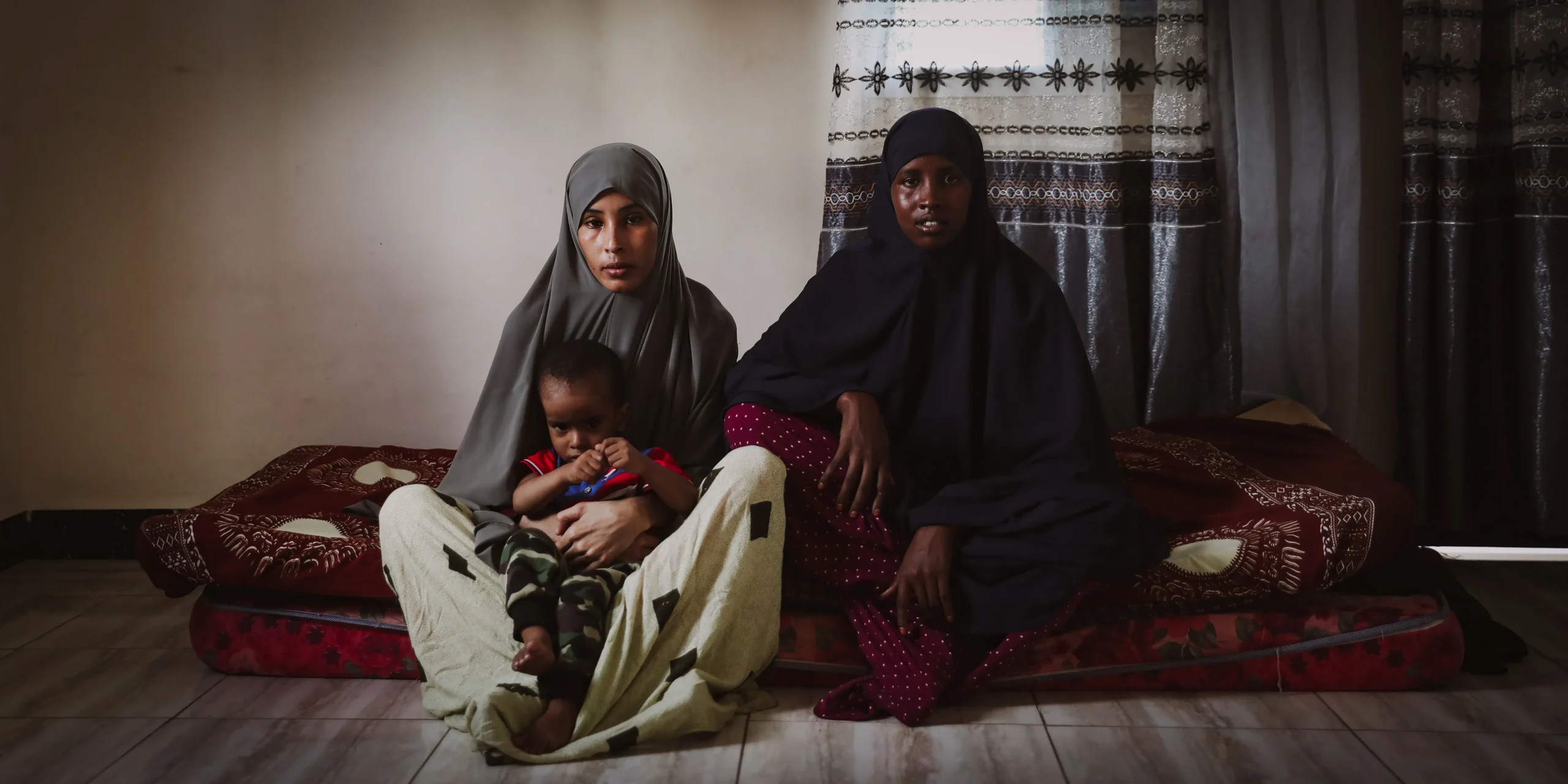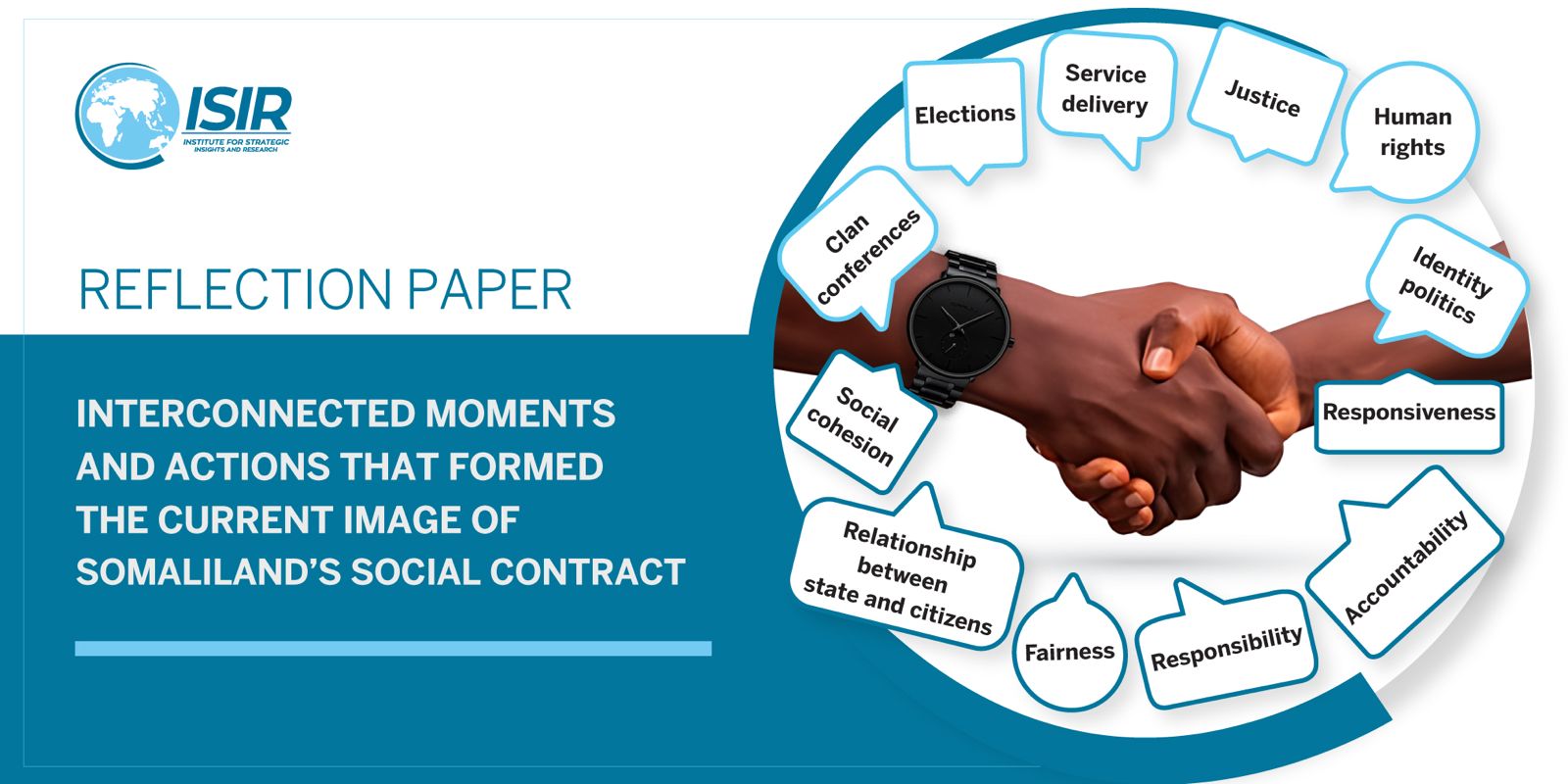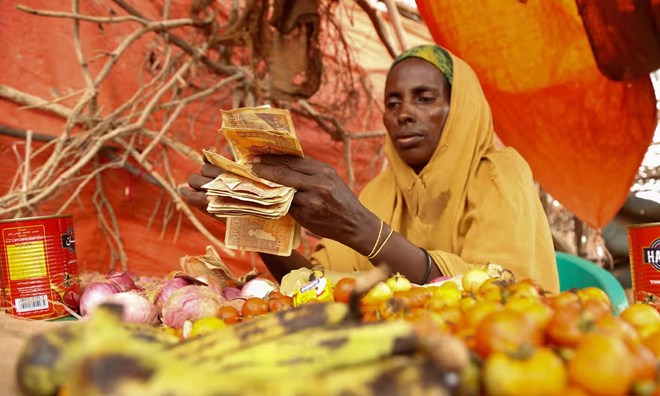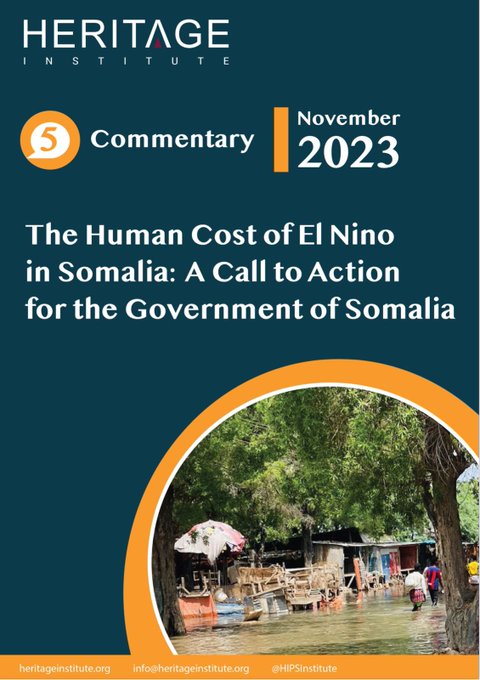NEW YORK (SD) – The Security Council is today expected meet for an open briefing, followed by closed consultations, on the situation in Somalia as the election consultative forum undergoes in Somalia’s capital, Mogadishu.
Heads of UN and AU missions in Somalia, James Swan and Francisco Madeira respectively will brief on the latest political, security and humanitarian developments in the country. Both envoys will also brief on the work of UNSOM and AMISOM.
The report of the Secretary-General on the situation in Somalia was submitted to Council members on 19 May and covers developments from 10 February to 7 May.
Council members are expected to take stock of the turbulent political situation in Somalia. Security Council members may want to hear from Swan about progress towards the holding of indirect elections, associated timelines and potential UN support for the electoral process, with a view to full implementation of the 17 September Agreement.
Given their emphasis on consensus-based solutions to avoid another political stalemate between the federal government and its member states, some Council members may want to learn more about the ongoing consultative meeting on the elections, and about any efforts to increase dialogue and foster an environment of mutual trust between the Somali government and the different regions of the country.
On 27 April, facing intense domestic and international pressure, Somali President Mohamed Abdullahi Mohamed “Farmajo” reversed his 13 April decision to extend his presidential term and the term of the House of the People, Somalia’s lower house, by another two years. Farmajo had justified the move with the need for more time to organise direct (one-person, one-vote) presidential and parliamentary elections, after preparations had stalled for indirect elections in line with the 17 September 2020 Agreement between the federal government and five of its federal member states.
The 17 September Agreement stipulates that the country will hold indirect legislative and presidential elections—whereby clan representatives elect members of the House of the People, which in turn elects the president—instead of direct one-person, one-vote elections, due to security and logistical challenges.
Somalia’s Prime Minister, Mohamed Hussein Roble, has stated his readiness to implement the 17 September Agreement. On 20 May, he convened a consultative meeting between the federal government and its member states, which is still ongoing at the time of writing, to discuss various issues related to the elections.
All leaders of the federal member states are in attendance. The issues discussed are expected to include disagreements over the composition of the electoral management bodies, the selection of Somaliland representatives, the management of elections in the Gedo region of Jubaland, and the technical modalities for holding the elections.
Categories: Latest News








